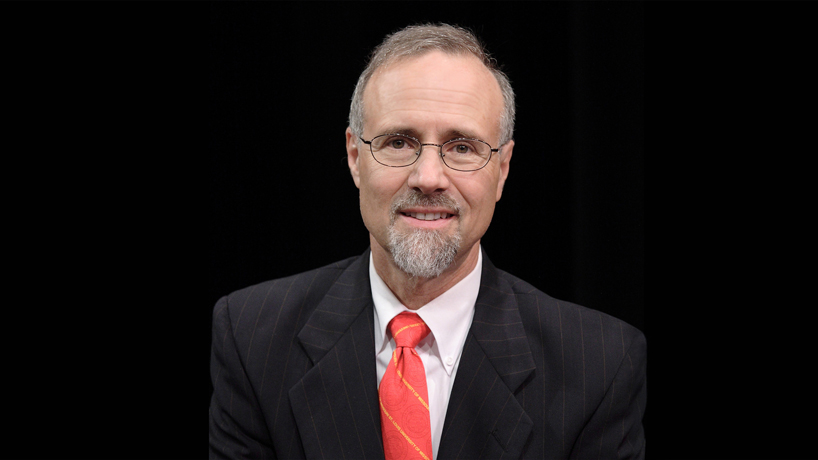By TOM GEORGE
Some people rush in. Others actively step back — to assess, plan and think systemically. There has been no shortage of opinions on how universities should best address the issues raised by both the death of Michael Brown in Ferguson and the responses that have engulfed the St. Louis region.
Since the beginning of the crisis, University of Missouri–St. Louis faculty, staff, students and alumni have both rushed in and begun planning for change — demonstrating the complex role a university plays within a metropolitan community.
UMSL’s faculty, as well as those at other area universities, has been called upon to help the world understand seemingly incongruous, but ultimately intertwined, events surrounding difficult issues: racism, poverty, chronic unemployment, educational deficiencies, economic stagnation, police tactics, political participation and free speech, among many others.
Since the tragedy of Aug. 9, UMSL’s economists, criminologists and public policy, social work, psychology, counseling, education and business authorities have been deeply engaged. From the public perspective, they have served as cultural translators to tens, if not hundreds, of millions of readers and viewers of media as diverse as the BBC, Al-Jazeera, CNN, FOX, NPR and this very newspaper.
Our faculty also has organized workshops, symposia and intervention strategies, creating the initial foundation of activities to address the long-term issues. While the UMSL faculty has always been uniquely engaged in the community, these events have added urgency and focus.
But UMSL’s role hasn’t been limited to intellectual interpretation. Our students, faculty, staff and alumni have been cleaning up streets, organizing food drives, supporting Ferguson-area businesses and providing counseling services to residents, teachers, students and safety workers. I am proud of the way in which all of these individuals have demonstrated their personal commitment to the community.
Our people also are involved in initiatives related to community health, law enforcement, economic development and neighborhood renewal. They have been in discussions with other institutions and companies to expand these efforts or to launch new programs impacting Ferguson and neighboring communities.
As UMSL is in north St. Louis County, the campus, in and of itself, serves as a major catalyst to add stability to the community. That is why we are investing more than $100 million to replace aging buildings. And UMSL is working with the Missouri Department of Transportation to redevelop a large section of Natural Bridge Road, replacing a decaying urban landscape with innovative and attractive streetscape as part of the renowned “Great Streets Project.” This is just the type of activity that can make a difference in the community. We are proud of our status as an anchor institution in North County.
Recruiting and retaining a diverse student body from the St. Louis region is, of course, the most important way in which UMSL positively affects the social well-being and economy of our community. This requires a concerted effort to better prepare students in disadvantaged school districts for college. And we need to maintain superior academic programs and an environment of success and inclusion once the students get here.
Our friends at Emerson understand the magnitude and importance of this role in regional betterment and acknowledged it in announcing their “Ferguson Forward” initiative.
The $4.4 million, multifaceted plan outlined last month by CEO David Farr will broaden the employment and education opportunities for residents of Ferguson and nearby communities. Calling UMSL “a crucial partner,” Farr said the initiative included $1.5 million to establish the Emerson Community Scholarship Program on our campus.
The University of Missouri System and UMSL will add $500,000 to match Emerson’s generous donation and endorsement. We are calling this the North County Scholarship Program, and it will be geared toward students in several North County school districts.
During my 11 years as chancellor, I have found St. Louis to be a place with tremendous strengths. I also have found that St. Louis — like most communities — has issues that weaken and threaten it.
Working together, I am convinced that St. Louis can move forward to better ensure opportunities for success and inclusion for all of its citizens. I certainly pledge our resources to that end.
Tom George is the chancellor of the University of Missouri–St. Louis. This article originally appeared in the St. Louis Post-Dispatch. Visit UMSL Daily to read more about UMSL’s response to Ferguson.















